
Karen: Nairobi's Tranquil Oasis
Karen, a serene and leafy suburb in Nairobi, Kenya, offers tourists a unique blend of natural beauty, rich history, and modern conveniences. Named after Karen Blixen, the famous Danish author of 'Out of Africa,' this neighbourhood exudes a timeless elegance that captivates all who visit. The streets are lined with lush greenery, creating a peaceful atmosphere that feels worlds away from the bustling city center. One of the main attractions in Karen is the Karen Blixen Museum, situated in the former home of the author herself. Here, visitors can step back in time and explore the life and works of Blixen, as well as enjoy the beautifully manicured gardens. Just a short drive away, the Giraffe Centre offers a rare opportunity to get up close and personal with endangered Rothschild giraffes, making it a must-visit for animal lovers. For those who enjoy shopping and dining, the Karen Shopping Centre and The Hub Karen Mall provide a variety of options, from boutique stores to gourmet restaurants. Additionally, the nearby Oloolua Nature Trail offers a scenic escape for hiking enthusiasts, complete with waterfalls, caves, and abundant wildlife. Whether you're a history buff, nature lover, or simply looking to relax, Karen has something to offer everyone.
Local tips in Karen
- Visit the Karen Blixen Museum early in the morning to avoid crowds and enjoy a more intimate experience.
- Bring comfortable walking shoes for exploring the Oloolua Nature Trail.
- Stop by the Giraffe Centre in the late afternoon when the giraffes are most active.
- Check out the local artisan markets for unique souvenirs and handmade crafts.
- Make restaurant reservations in advance, especially on weekends, to ensure a spot at popular dining spots.
Karen: Nairobi's Tranquil Oasis
Karen, a serene and leafy suburb in Nairobi, Kenya, offers tourists a unique blend of natural beauty, rich history, and modern conveniences. Named after Karen Blixen, the famous Danish author of 'Out of Africa,' this neighbourhood exudes a timeless elegance that captivates all who visit. The streets are lined with lush greenery, creating a peaceful atmosphere that feels worlds away from the bustling city center. One of the main attractions in Karen is the Karen Blixen Museum, situated in the former home of the author herself. Here, visitors can step back in time and explore the life and works of Blixen, as well as enjoy the beautifully manicured gardens. Just a short drive away, the Giraffe Centre offers a rare opportunity to get up close and personal with endangered Rothschild giraffes, making it a must-visit for animal lovers. For those who enjoy shopping and dining, the Karen Shopping Centre and The Hub Karen Mall provide a variety of options, from boutique stores to gourmet restaurants. Additionally, the nearby Oloolua Nature Trail offers a scenic escape for hiking enthusiasts, complete with waterfalls, caves, and abundant wildlife. Whether you're a history buff, nature lover, or simply looking to relax, Karen has something to offer everyone.
Iconic landmarks you can’t miss
The Waterfront Karen
Explore The Waterfront Karen, Nairobi's premier shopping mall, where shopping, dining, and entertainment come together in a stunning natural setting.
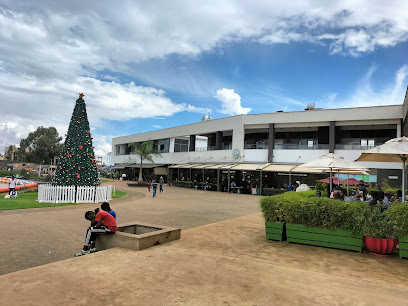
Karen Blixen Museum
Discover the rich literary legacy of Karen Blixen at her former home, now a captivating museum in Nairobi's beautiful Karen suburb.
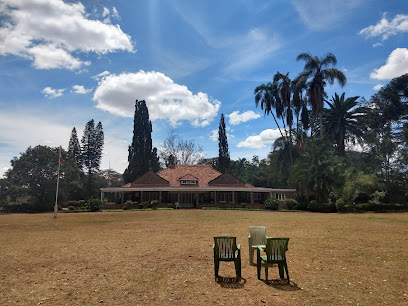
The Oloolua Nature Trail
Discover the serene beauty of the Oloolua Nature Trail in Nairobi, where nature meets adventure in a tranquil wildlife sanctuary.
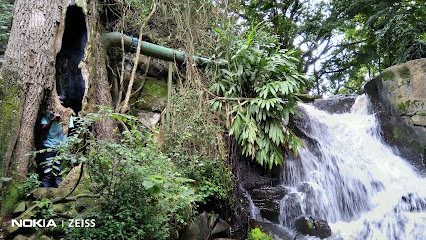
Karen Village
Explore Karen Village: A vibrant art center and conference venue in Nairobi, offering unique cultural experiences and a taste of local creativity.

Resurrection Garden
Explore the serene beauty of Resurrection Garden in Nairobi, a spiritual haven that combines tranquility with rich culture and stunning landscapes.
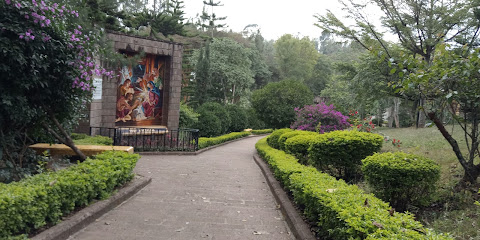
Natare Gardens
Discover the tranquil beauty of Natare Gardens in Nairobi, where lush landscapes and organic farming create a perfect escape for relaxation and events.
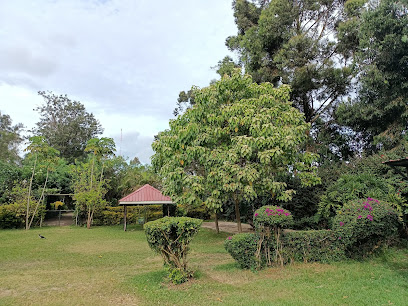
Escape Room Kenya
Explore thrilling escape games at Escape Room Kenya, where adventure and teamwork meet in the heart of Nairobi for an unforgettable experience.
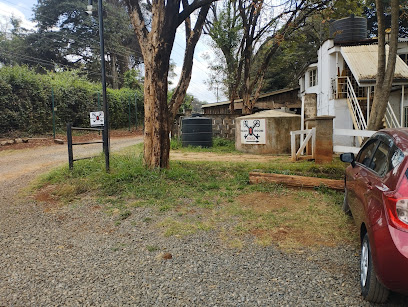
Adventure Farm Karen
Discover the charm of nature at Adventure Farm Karen, Nairobi's ultimate family-friendly retreat with activities for everyone.
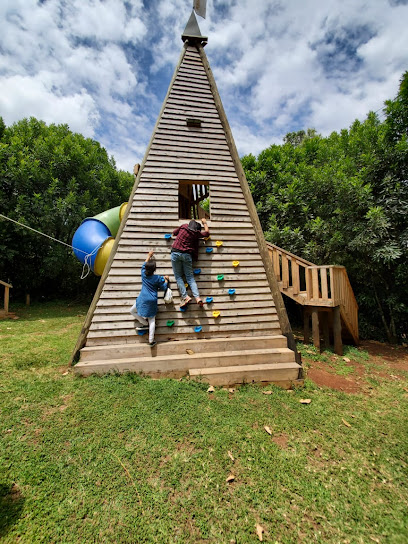
Ocean Sole
Discover the vibrant world of recycled art at Ocean Sole in Nairobi, where creativity meets sustainability in every unique piece.
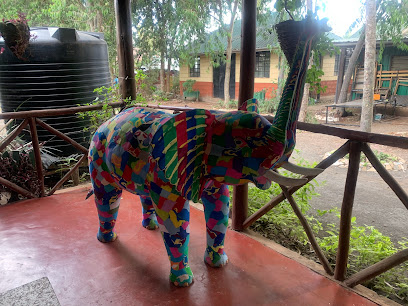
Alexander Gardens
Explore the enchanting Alexander Gardens in Nairobi, a serene escape filled with vibrant greenery, perfect for picnics, strolls, and relaxation.
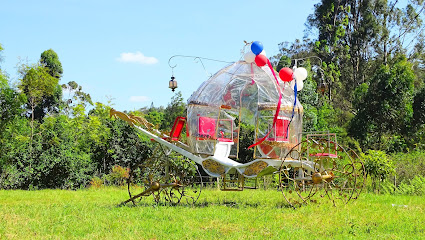
Khaenri'ahn Ruins
Explore the Khaenri'ahn Ruins – A tranquil community garden in Nairobi that beautifully blends nature with rich cultural heritage.
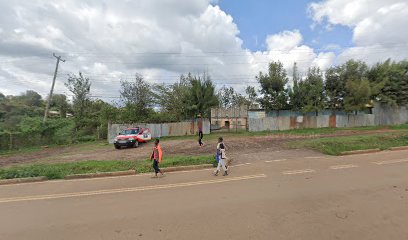
Unmissable attractions to see
Giraffe Centre
Experience the wonder of Rothschild giraffes at the Giraffe Centre in Nairobi, a leading conservation and educational attraction.
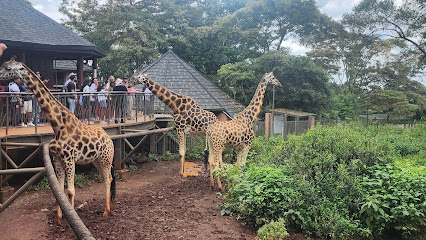
Bomas Of Kenya
Experience the vibrant cultural heritage of Kenya at Bomas of Kenya, a hub of traditional music, dance, and art in Nairobi.
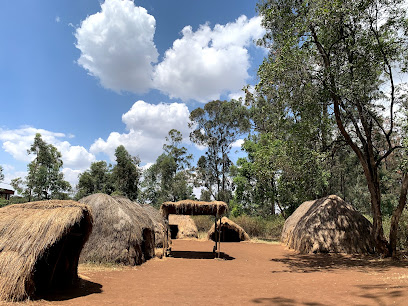
Karen Blixen Museum
Explore the legacy of Karen Blixen at her beautifully preserved museum in Nairobi, a unique blend of history and literary inspiration.
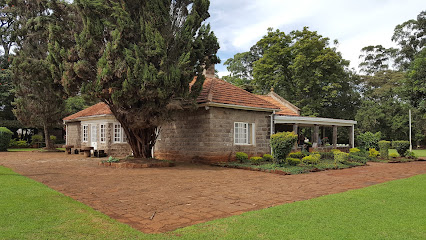
The Oloolua Nature Trail
Explore the Oloolua Nature Trail, a serene oasis in Nairobi, offering scenic hikes and a chance to connect with nature and wildlife.
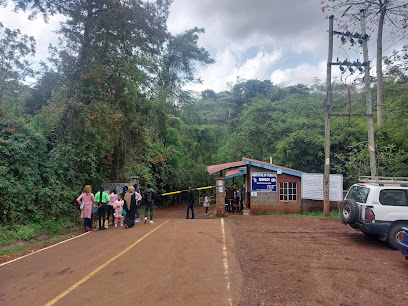
Natare Gardens
Discover tranquility at Natare Gardens, Nairobi's lush garden retreat featuring a swimming pool, picnic grounds, and event venues for unforgettable experiences.
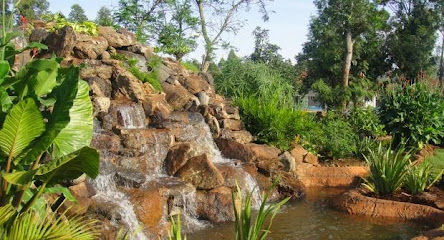
Serenity Gardens Karen
Explore the serene beauty of Serenity Gardens Karen, a lush botanical haven in Nairobi perfect for relaxation and nature appreciation.
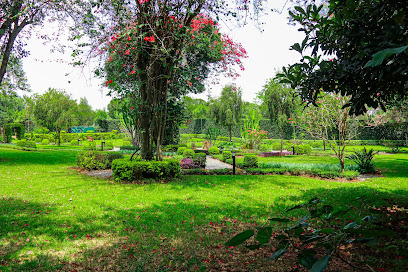
LASERLAND
Experience the thrill of laser tag at Laserland, Nairobi's top amusement center for family fun and excitement.
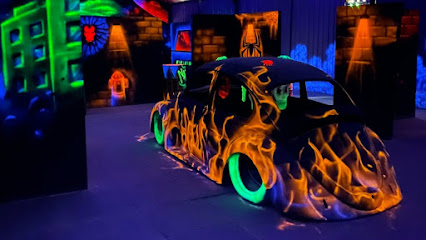
Kawabis Gardens
Discover tranquility at Kawabis Gardens, a stunning oasis in Nairobi's Karen suburb, perfect for relaxation and nature exploration.
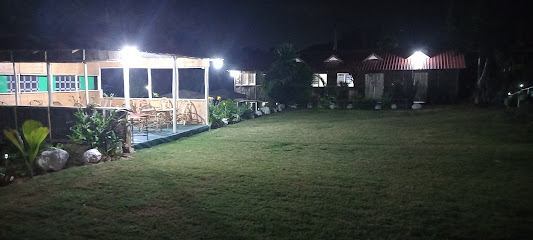
Youth for Conservation (YfC)
Discover the serene Youth for Conservation park in Nairobi, a lush sanctuary committed to environmental education and biodiversity conservation.
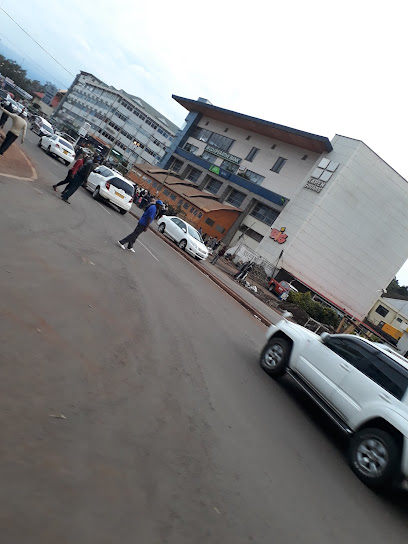
Essential places to dine
Talisman Restaurant
Discover Talisman Restaurant: A fusion of global flavors and local ingredients set in Nairobi's serene gardens.
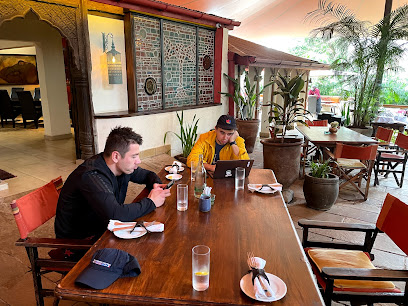
CJ's - Waterfront Karen
Experience delightful dining at CJ's - Waterfront Karen with diverse menus and stunning views in Nairobi's serene suburb.
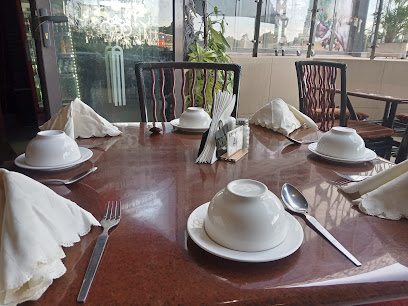
The Legend,Karen
Discover exquisite dining and vibrant nightlife at The Legend in Karen - where culinary excellence meets warm hospitality.
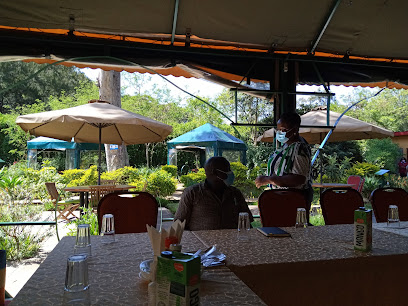
Que Pasa Bar & Bistro
Discover Que Pasa Bar & Bistro: A culinary gem in Nairobi offering delicious food, refreshing drinks, and an unforgettable atmosphere.
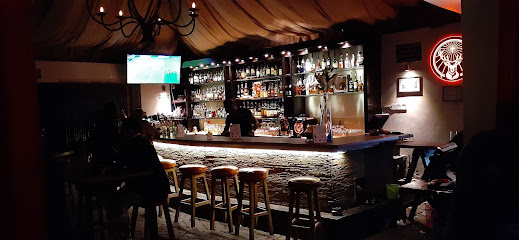
Matteo’s Italian Restaurant
Discover Matteo's Italian Restaurant in Nairobi: A haven for pizza lovers and fans of authentic Italian cuisine amidst Kenya's vibrant culture.
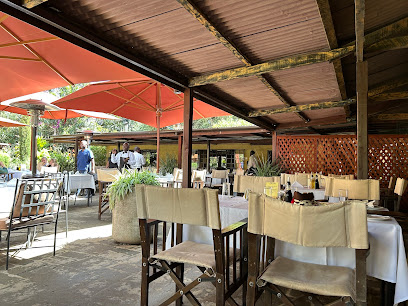
Open House Karen
Experience the vibrant tastes of modern Indian cuisine at Open House Karen in Nairobi – a culinary delight for all visitors.
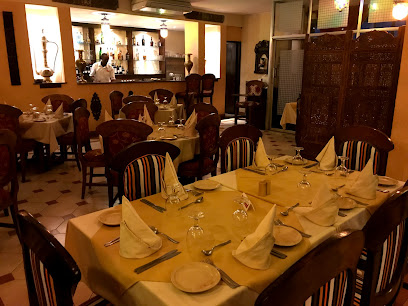
The Venue Bar and Bistro
Discover Nairobi's vibrant nightlife at The Venue Bar and Bistro – where great food meets exhilarating entertainment in the heart of the city.
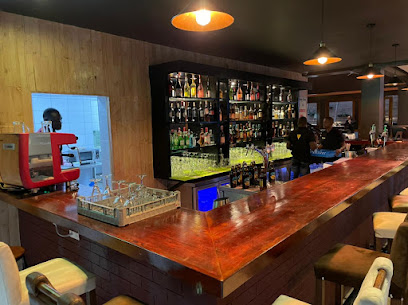
Tamarind Brasserie
Discover family-friendly dining at Tamarind Brasserie in Nairobi – where delicious food meets a vibrant atmosphere.
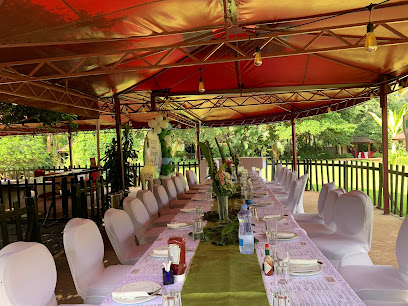
La Cascina
Discover authentic Italian flavors at La Cascina in Nairobi's vibrant Karen area—where every meal is a culinary journey.
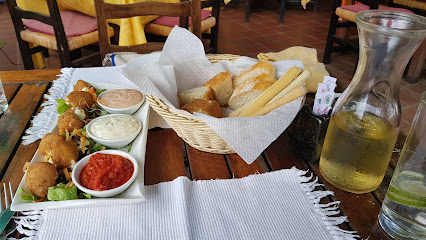
The Bull, Karen
Discover flavorful barbecue at The Bull in Karen – where every meal celebrates authentic Kenyan cuisine amidst a charming atmosphere.
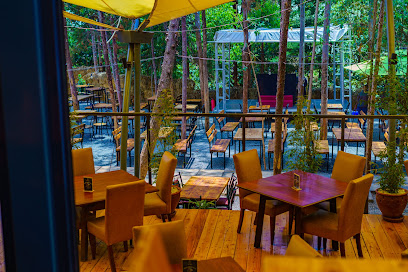
Markets, malls and hidden boutiques
The Hub Karen
Experience shopping, dining, and entertainment at The Hub Karen, Nairobi's vibrant shopping mall that has something for everyone.
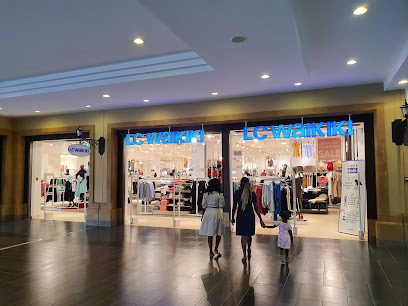
The Waterfront Karen
Experience The Waterfront Karen, a dynamic shopping mall in Nairobi blending culture, dining, and entertainment for an unforgettable outing.
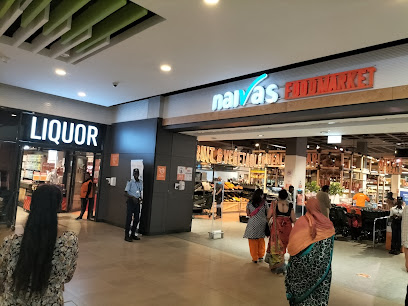
Inscribed Gifts Kenya
Discover the essence of Kenya with unique, personalized gifts at Inscribed Gifts Kenya, where craftsmanship meets cultural heritage.
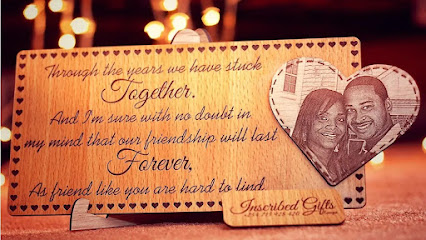
Langata Link Shops
Explore the vibrant Langata Link Shops in Nairobi for unique gifts and souvenirs that embody the spirit of Kenya.
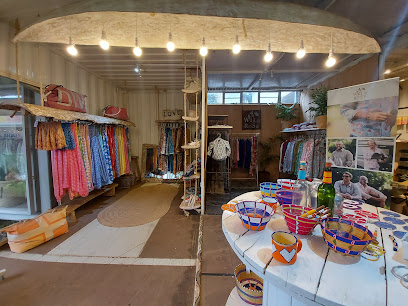
House Of Treasures
Explore the vibrant local craftsmanship at House Of Treasures in Nairobi, a boutique offering unique fashion, art, and decor treasures.
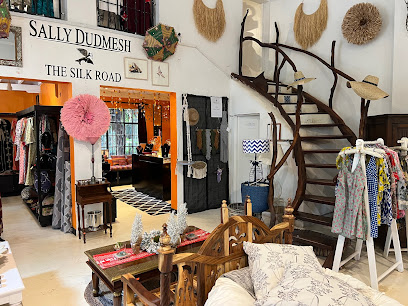
House of Leather & Gifts Karen
Explore House of Leather & Gifts in Karen for authentic Kenyan crafts and unique leather treasures in a vibrant shopping environment.
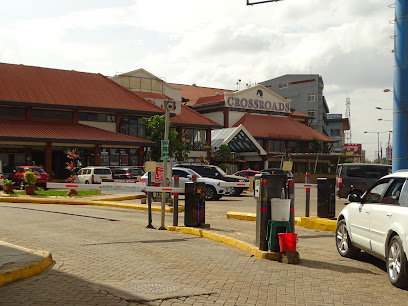
Perfumes and Colognes World Kenya
Explore a luxurious selection of fragrances and cosmetics at Perfumes and Colognes World Kenya, a must-visit destination for scent enthusiasts.
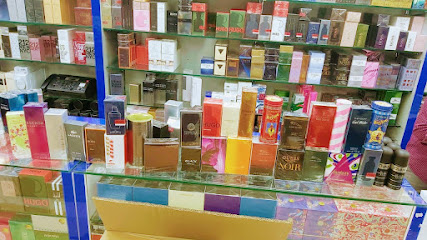
KAREN PARK
Experience the tranquil beauty of Karen Park, a boutique oasis in Nairobi perfect for relaxation and cultural immersion amid nature's splendor.
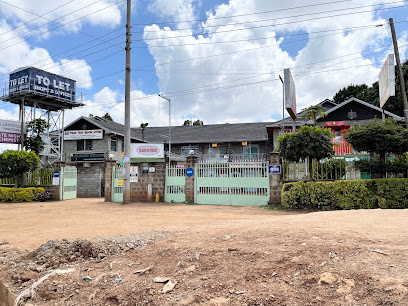
Kache By Angie Ltd-Karen Shopping Centre
Discover unique fashion and lifestyle treasures at Kache By Angie Ltd, a boutique shopping experience in the heart of Karen, Nairobi.
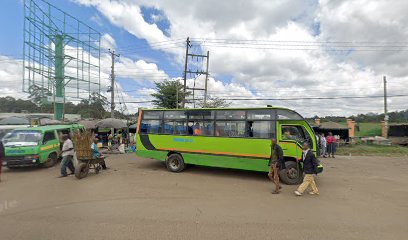
Timeless Gifts shop
Discover authentic Kenyan treasures at Timeless Gifts in Nairobi's Waterfront Mall, where each collectible tells a story of rich heritage.

Essential bars & hidden hideouts
Que Pasa Bar & Bistro
Experience the vibrant flavors of Nairobi at Que Pasa Bar & Bistro, where culinary delights meet a lively atmosphere.
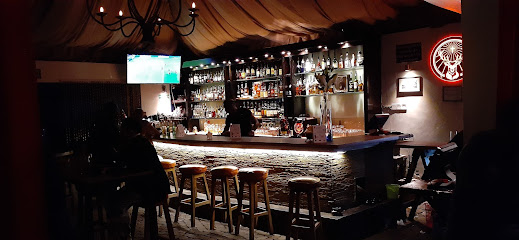
The Venue Bar and Bistro
Experience the vibrant atmosphere of The Venue Bar and Bistro in Nairobi, where delicious grilled dishes meet an exhilarating nightlife scene.
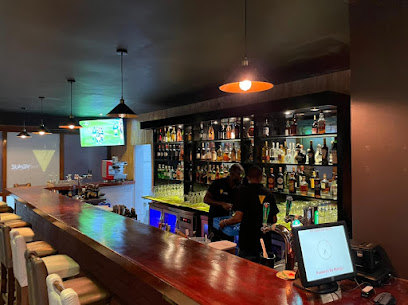
109 Tavern Karen
109 Tavern Karen: A vibrant bar in Nairobi's Karen neighborhood, blending local culture with a lively atmosphere and extensive drink selection.
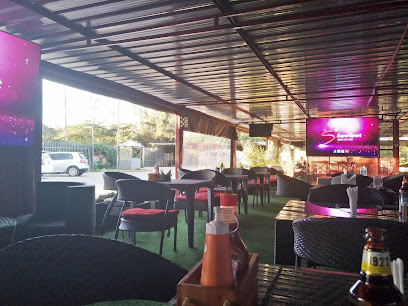
727 Lounge
Experience the vibrant atmosphere and delightful cuisine at 727 Lounge, Nairobi's premier sports bar and restaurant.
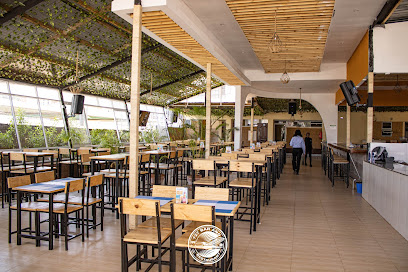
Club Bonanza
Discover Club Bonanza in Nairobi, where delicious grilled dishes meet a vibrant atmosphere and affordable prices, perfect for every traveler.
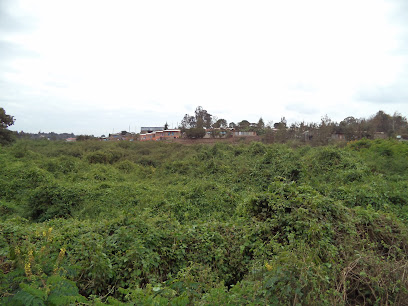
Pub Grub Bar & Bistro
Pub Grub Bar & Bistro: A vibrant Nairobi hotspot for delicious food, refreshing drinks, and a lively atmosphere that captures the essence of local culture.
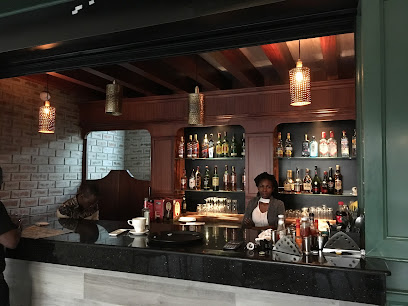
Hops & Fizz Bar and Restaurant
Discover the vibrant atmosphere and mouthwatering grilled delicacies at Hops & Fizz Bar and Restaurant in Nairobi's charming Karen district.
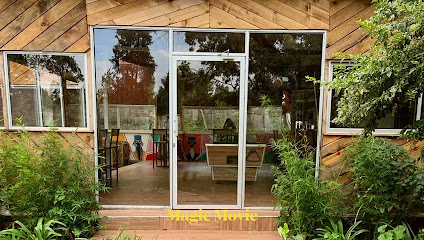
Long Bar & Restaurant
Experience the fusion of local and international flavors at Long Bar & Restaurant in Nairobi's vibrant Karen Shopping Center.
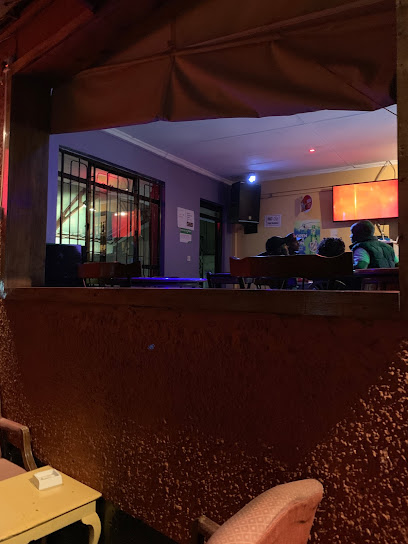
Beams Pub
Discover the lively ambiance of Beams Pub in Nairobi, where local drinks and delicious food create an unforgettable nightlife experience.
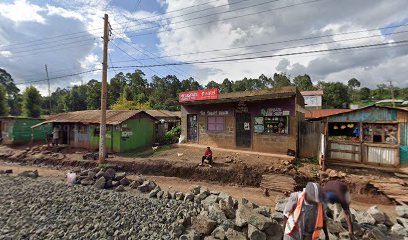
Backyard Sports Lounge
Experience Nairobi's nightlife at Backyard Sports Lounge, where great drinks and vibrant atmosphere meet sports and entertainment.
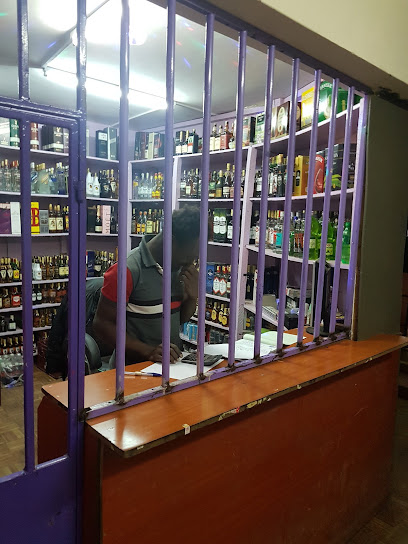
Local Phrases
-
- HelloMuraho
[moo-rah-ho] - GoodbyeMurabeho
[moo-rah-beh-ho] - YesEego
[ay-go] - NoNaitwa
[nye-twa] - Please/You're welcomeMwihane
[mwee-ha-neh] - Thank youMurakoze
[moo-rah-koh-zay] - Excuse me/SorryTugire Ubumuntu
[too-gee-ray oo-boo-moon-too] - How are you?Waramutse?
[wah-rah-moot-say] - Fine. And you?Ni meza. Na wewe?
[nee may-za. nah way-way] - Do you speak English?Uvuga icyongereza?
[oo-voo-ga ee-chon-ger-ay-zah] - I don't understandNtazi
[nye-tah-zee]
- HelloMuraho
-
- I'd like to see the menu, pleaseNifashishije menu, komeza
[nee-fa-shee-shee-jay may-noo, koh-may-zah] - I don't eat meatSinumwa inyama
[see-noom-wah ee-nyah-mah] - Cheers!Igihembo!
[ee-gee-hem-bo] - I would like to pay, pleaseNifuza kugeraho, komeza
[nee-foo-zah kuh-gay-rah-ho, koh-may-zah]
- I'd like to see the menu, pleaseNifashishije menu, komeza
-
- Help!Ubwira!
[oo-bee-rah!] - Go away!Jya mubure!
[jya moo-boo-ray!] - Call the Police!Simbisha Polisi!
[seem-bee-sha po-lee-see!] - Call a doctor!Simbisha Dokoteli!
[seem-bee-sha doh-koh-tay-lee!] - I'm lostNtashaka
[nye-ta-sha-kah] - I'm illNzira
[nye-zee-rah]
- Help!Ubwira!
-
- I'd like to buy...Nifuza kwandika...
[nee-foo-zah kwan-dee-kah...] - I'm just lookingNifuza kwandika...
[nee-foo-zah kwan-dee-kah...] - How much is it?Ni iki?
[nee ee-kee?] - That's too expensiveIyi ni ibihe byinshi
[ee-yee nee ee-bee-hay bee-n-shee] - Can you lower the price?Wibagiye iki?
[wee-ba-gee-yay ee-kee?]
- I'd like to buy...Nifuza kwandika...
-
- What time is it?Igihe ni saa ngapi?
[ee-gee-hay nee sah ngah-pee?] - It's one o'clockNi saa iyi
[nee sah ee-yee] - Half past (10)Igisata n'igice
[ee-gee-sah-tah n-ee-gee-chay] - MorningUmugoroba
[oo-moo-go-roh-bah] - AfternoonIgisibo
[ee-gee-see-boh] - EveningIgice cy'umugoroba
[ee-gee-chay chee-oo-moo-go-roh-bah] - YesterdayEjo
[ay-jo] - TodayEjo
[ay-jo] - TomorrowEjo
[ay-jo] - 1rimwe
[ree-mwe] - 2kabiri
[kah-bee-ree] - 3gatatu
[gah-tah-too] - 4kane
[kah-nay] - 5gatanu
[gah-tah-noo] - 6gatandatu
[gah-tahn-dah-too] - 7kumana
[koo-mah-nah] - 8umunani
[oo-moo-nah-nee] - 9icyenda
[ee-chyen-dah] - 10icumi
[ee-choo-mee]
- What time is it?Igihe ni saa ngapi?
-
- Where's a/the...?Ejo hejuru ya...?
[ay-jo hay-joo-roo yah...?] - What's the address?Aho tuye hejuru ni he?
[ah-ho too-yeah hay-joo-roo nee hay?] - Can you show me (on the map)?Wibagirize kubaza (ku mutego)?
[wee-bah-gee-ree-zay koo-bah-zah (koo moo-tay-go)?] - When's the next (bus)?Ni saa iki bus iri hejuru?
[nee sah ee-kee boos ee-ree hay-joo-roo?] - A ticket (to ....)Igiciro (ku ....)
[ee-gee-chee-roh (koo ....)]
- Where's a/the...?Ejo hejuru ya...?
History of Karen
-
The name 'Karen' is derived from the Swedish author Karen Blixen, who is best known for her book 'Out of Africa'. Blixen lived in the area during the early 20th century, and her coffee plantation became a significant landmark. The connection to her life and works has made Karen a cultural reference point, symbolizing the colonial history of Kenya and the interactions between Europeans and local communities.
-
In the early 1900s, Karen transformed from a rural area into a desirable residential neighborhood for European settlers. The establishment of coffee plantations and the influx of colonial settlers led to the development of infrastructure, including roads and schools. This period marked a significant shift in land use and demographic composition, setting the stage for the neighborhood's evolution.
-
Karen Blixen's influence on Nairobi's history cannot be overstated. Her memoir and the subsequent film adaptation brought international attention to Kenya, showcasing both the beauty of the landscape and the complexities of colonial life. Blixen's home, now a museum, attracts visitors interested in her literary contributions and the broader historical context of colonial Kenya.
-
After Kenya gained independence in 1963, the neighborhood of Karen experienced socio-economic changes. The land previously owned by colonial settlers was redistributed, and the area began to diversify. This transition was marked by the establishment of local businesses, schools, and cultural institutions that reflected a more inclusive and independent Kenya.
-
Today, Karen is characterized by its cultural diversity, home to both local Kenyans and expatriates. The area features a mix of modern amenities, wildlife conservation efforts, and cultural heritage sites, such as the Kazuri Beads factory and the Giraffe Centre. This blend of historical significance and contemporary life makes Karen a unique neighborhood within Nairobi, contributing to the city's rich tapestry.
Karen Essentials
-
Karen is approximately 15 kilometers southwest of Nairobi's city center. The most common way to get there is by taxi or ride-hailing services like Uber or Bolt, which are widely available in Nairobi. You can also take a matatu (shared minibus) from the city center to Karen, but be prepared for potential delays due to traffic. If you're driving, you can access Karen via Ngong Road or the Southern Bypass, both of which connect to major routes in Nairobi.
-
Karen is a sprawling suburb, and public transport options are limited. The best way to explore the area is by using taxis or ride-hailing services. Bicycles can also be rented from local shops, and some visitors enjoy cycling around the scenic neighborhoods. Walking is feasible in some areas, particularly near attractions like the Karen Blixen Museum, but it's advisable to stay vigilant and aware of traffic.
-
Karen is generally considered safe for tourists, but it's wise to exercise caution. Avoid walking alone at night, especially in less populated areas. Areas such as parts of the adjacent Lang'ata and Kibera slums are known for higher crime rates and should be approached with care. Always be aware of your surroundings and keep valuables secure to minimize the risk of theft.
-
In case of an emergency, dial 999 or 112 for police assistance in Kenya. For medical emergencies, the Nairobi Hospital and Karen Hospital are two reputable facilities nearby. It's advisable to have travel insurance that covers medical emergencies. Keep emergency contact numbers handy and know the location of the nearest hospital.
-
Fashion: Do dress modestly, particularly when visiting cultural sites or religious establishments. Avoid wearing overly revealing clothing. Religion: Do respect local customs; it's advisable to remove shoes when entering homes or places of worship. Public Transport: Do be polite and offer your seat to the elderly. Don't engage in loud conversations or eat in public transport. Greetings: Do greet locals with a handshake and a smile. Don't assume familiarity; use formal greetings until you know someone better. Eating & Drinking: Do try local dishes at restaurants and embrace food culture. Don't waste food or refuse hospitality, as it can be considered rude.
-
To experience Karen like a local, visit the Kazuri Beads Factory to see how handmade ceramic beads are made and support local artisans. Check out the local farmers' markets for fresh produce and unique souvenirs. Engage with local residents who are generally warm and welcoming, and don’t hesitate to ask for recommendations on hidden gems in the area. For a quiet afternoon, spend time at the Nairobi National Park, which is just a short drive away.
Nearby Cities to Karen
-
Things To Do in Naivasha
-
Things To Do in Nakuru
-
Things To Do in Arusha
-
Things To Do in Moshi
-
Things To Do in Kisumu
-
Things To Do in Eldoret
-
Things To Do in Kitale
-
Things To Do in Mbale
-
Things To Do in Jinja
-
Things To Do in Malindi
-
Things To Do in Mwanza
-
Things To Do in Singida
-
Things To Do in Mombasa
-
Things To Do in Diani Beach
-
Things To Do in Lamu







